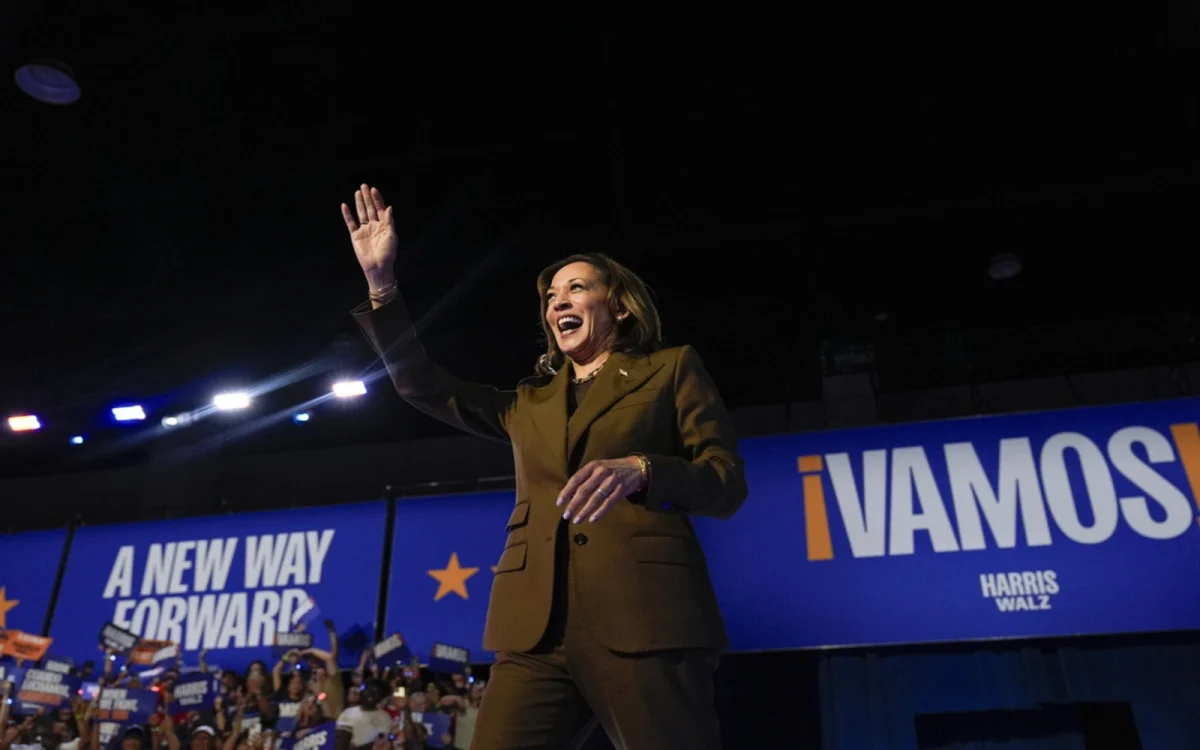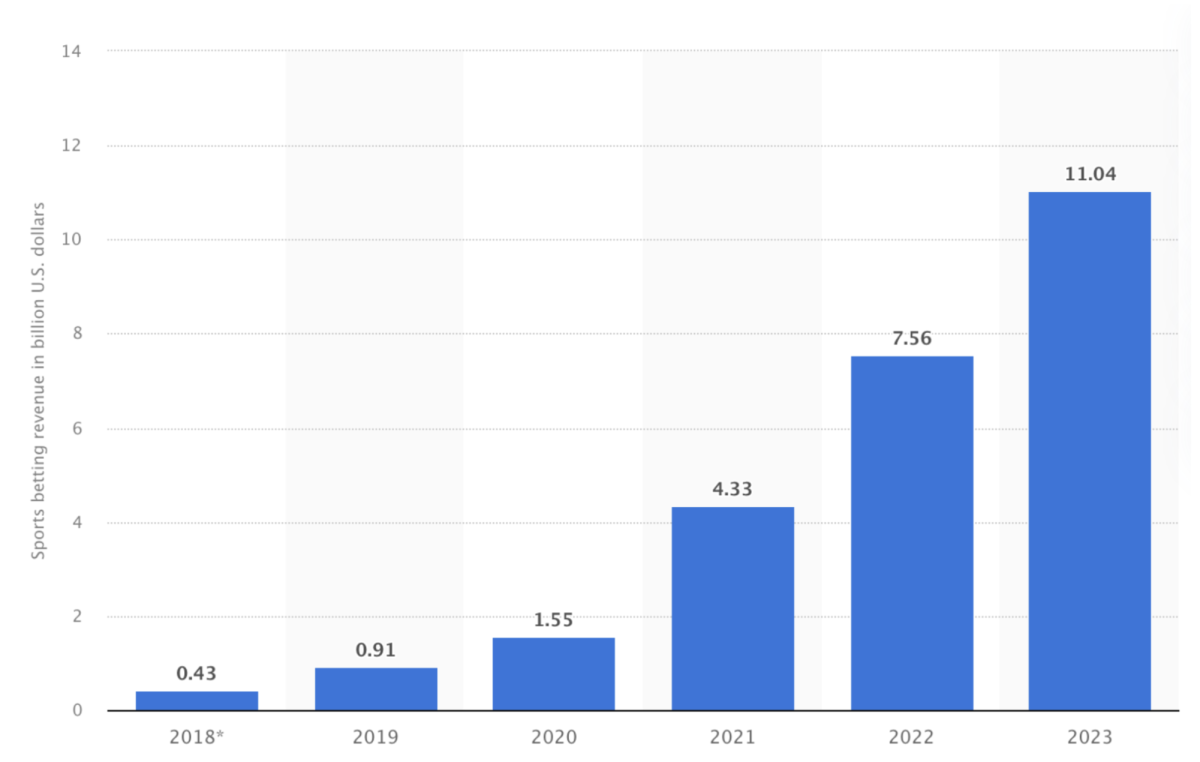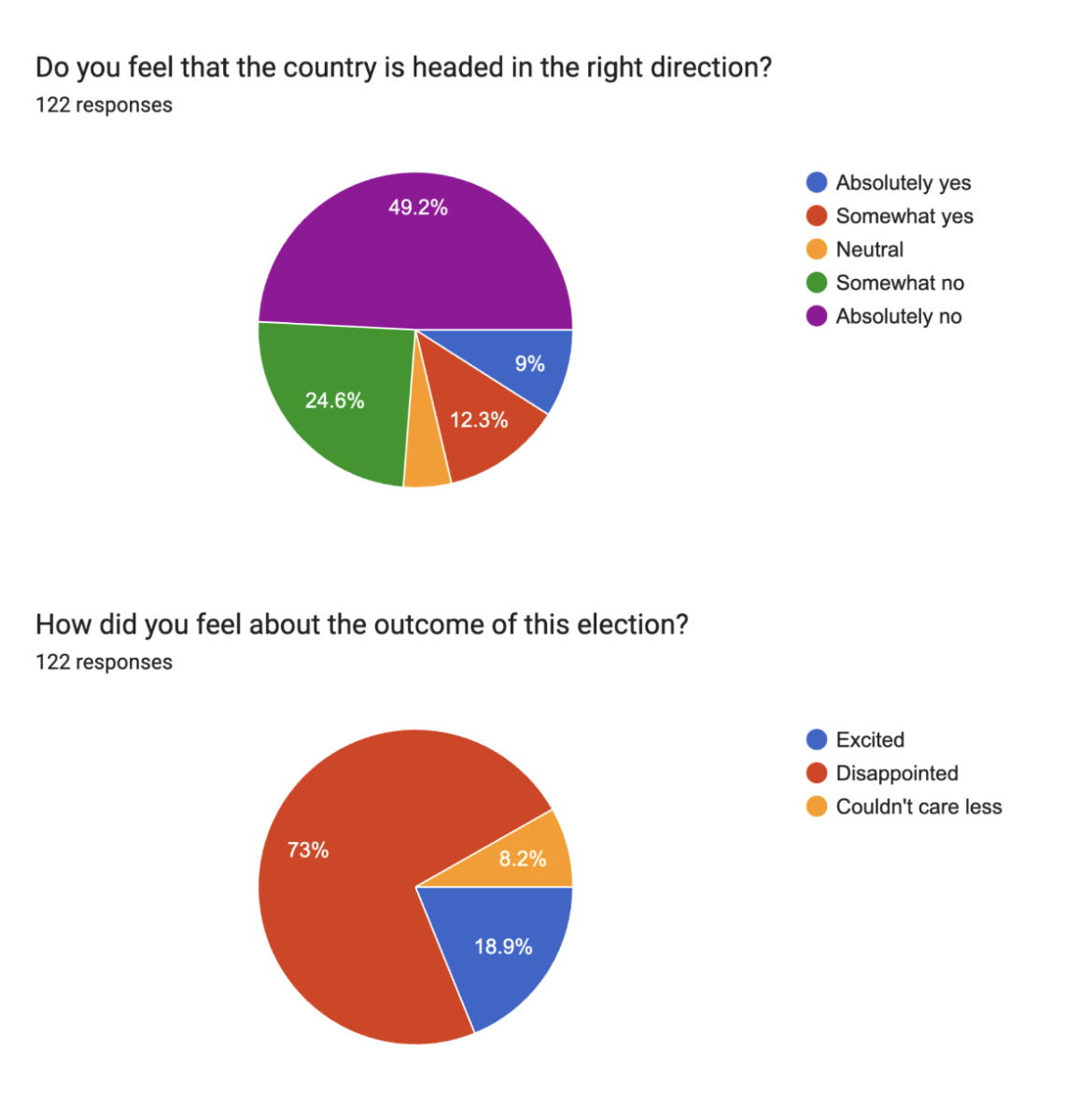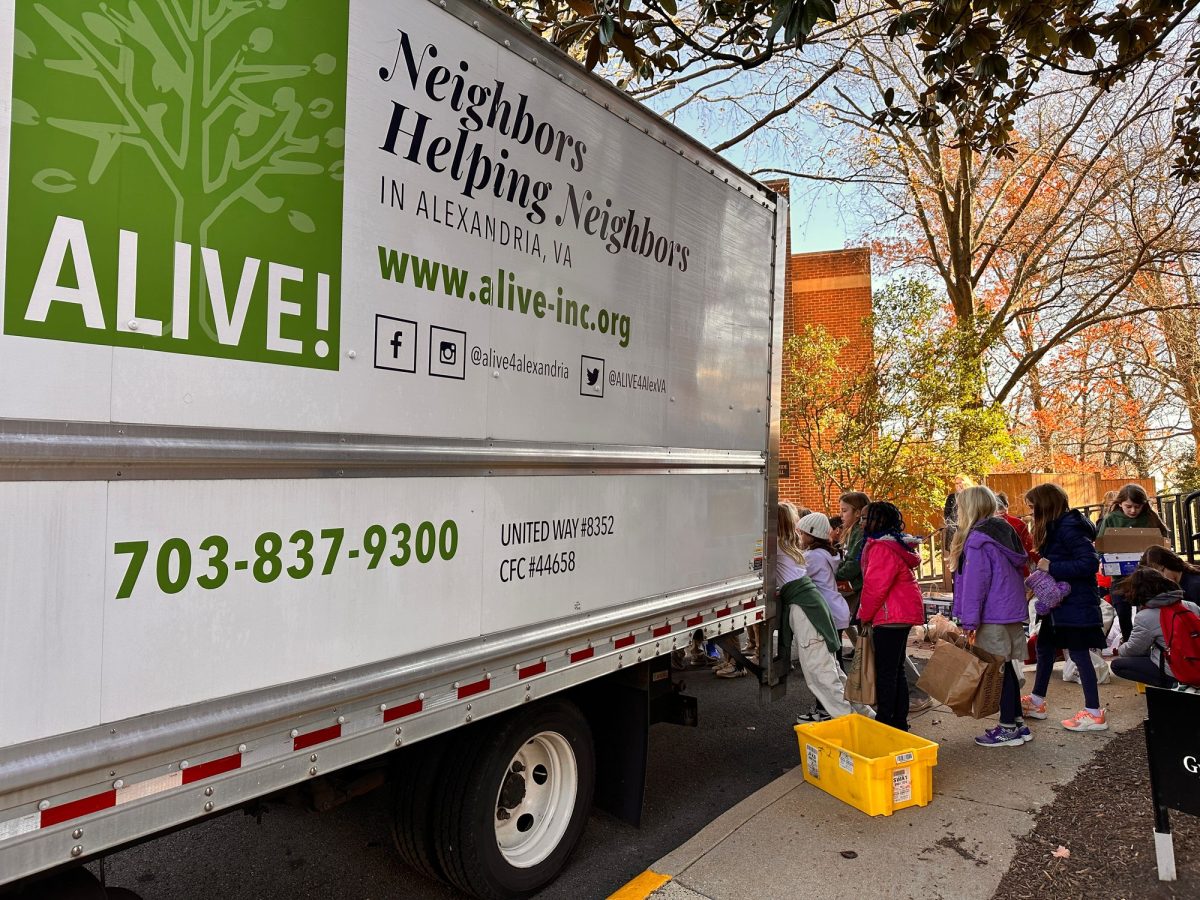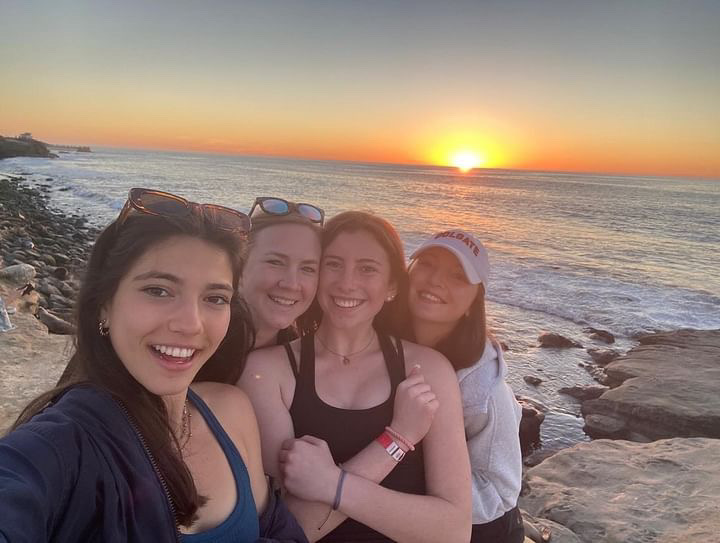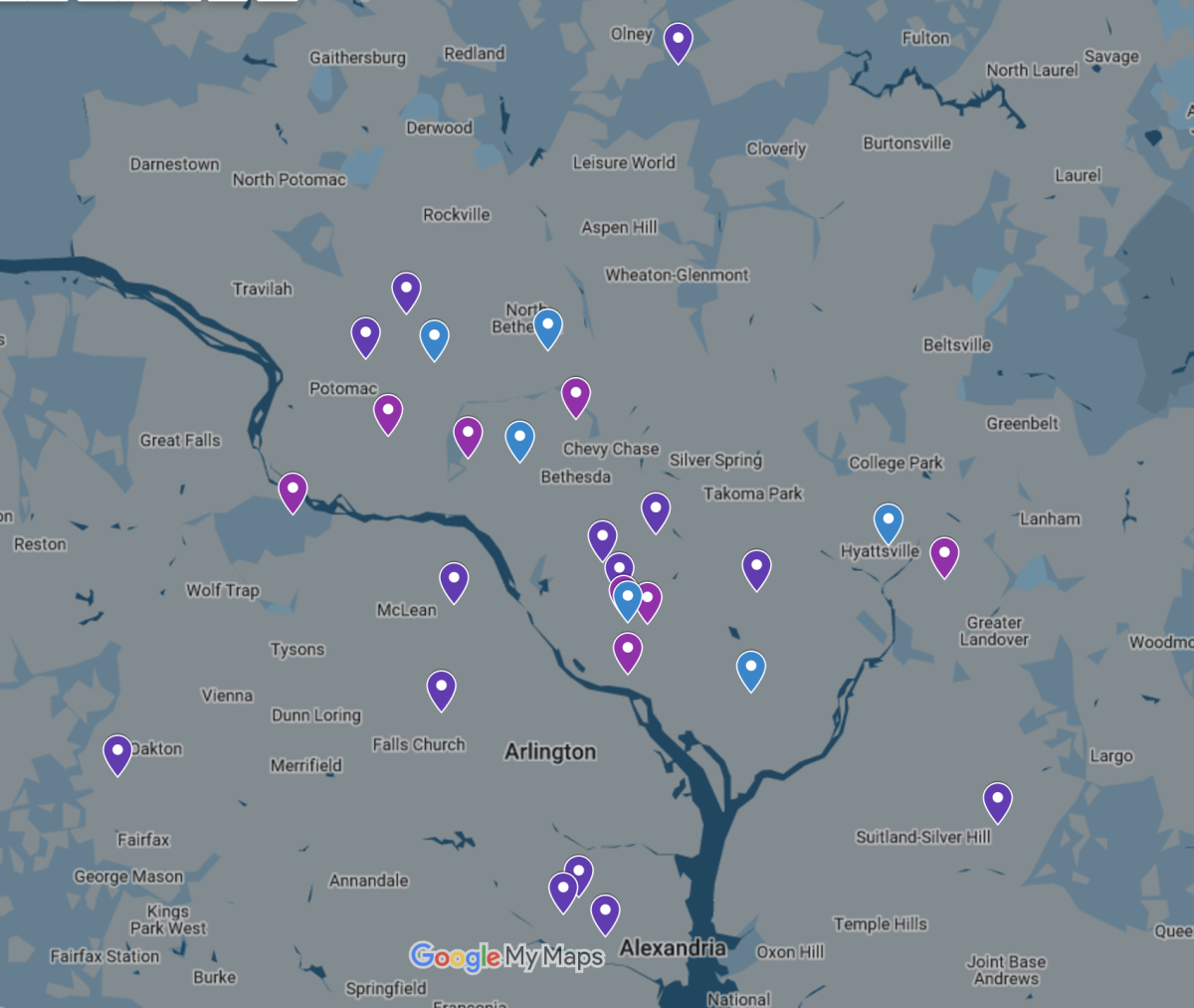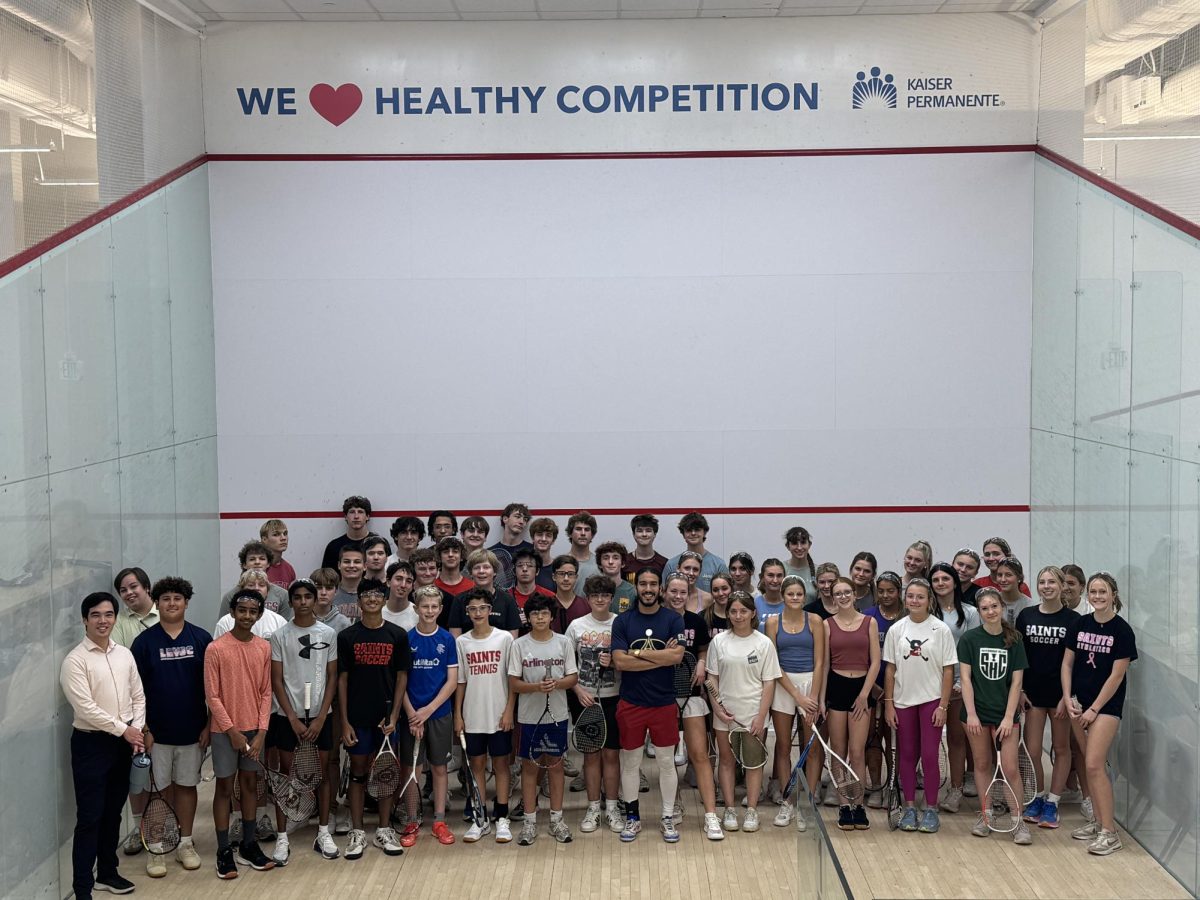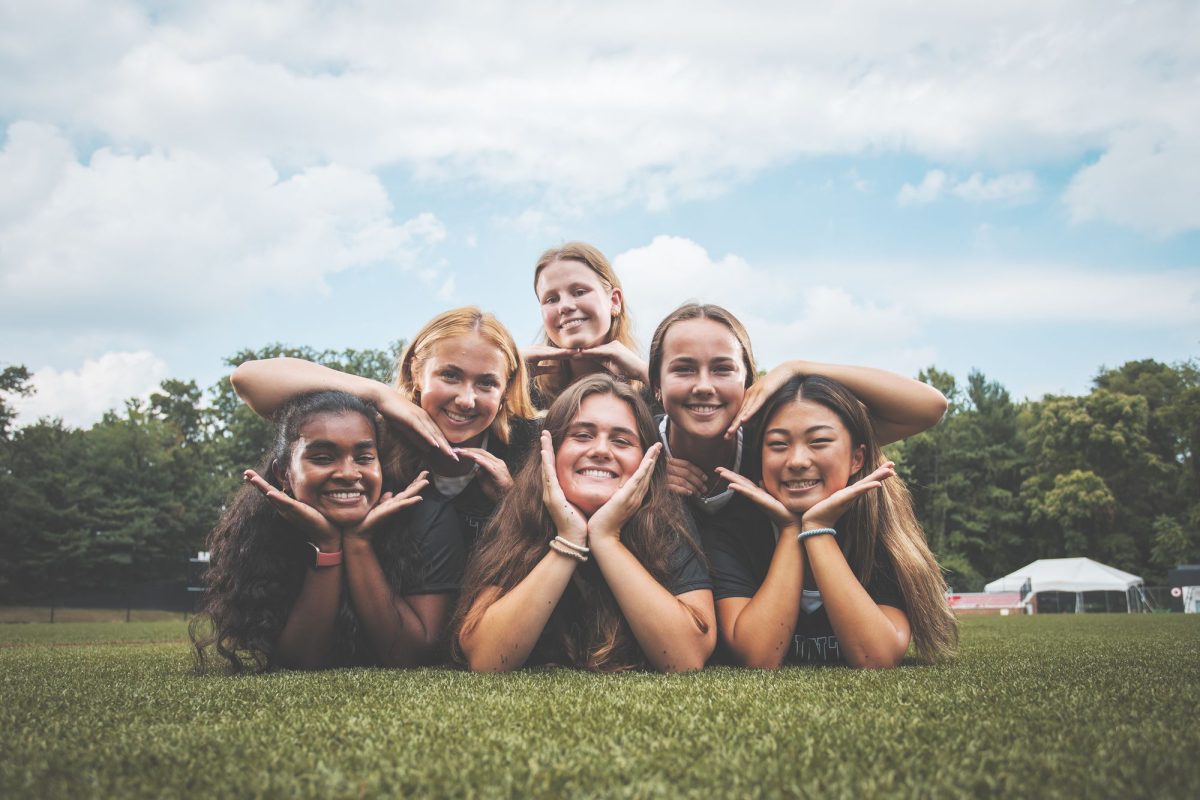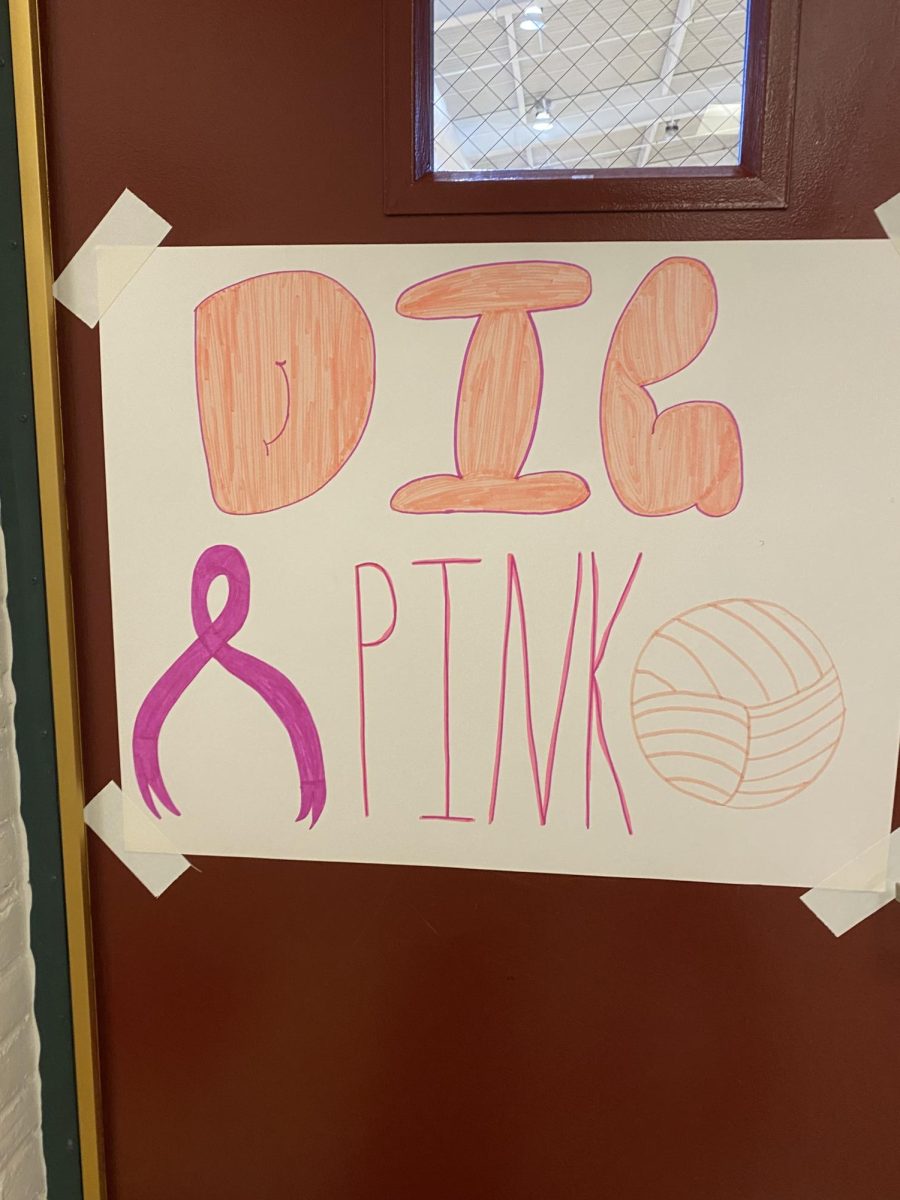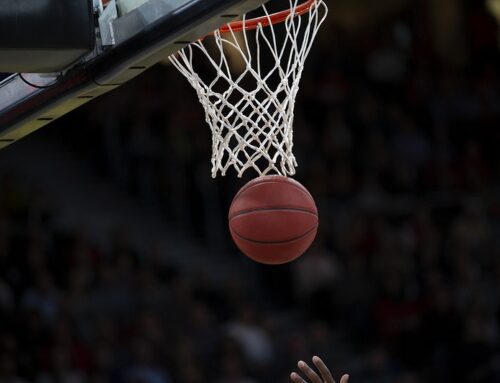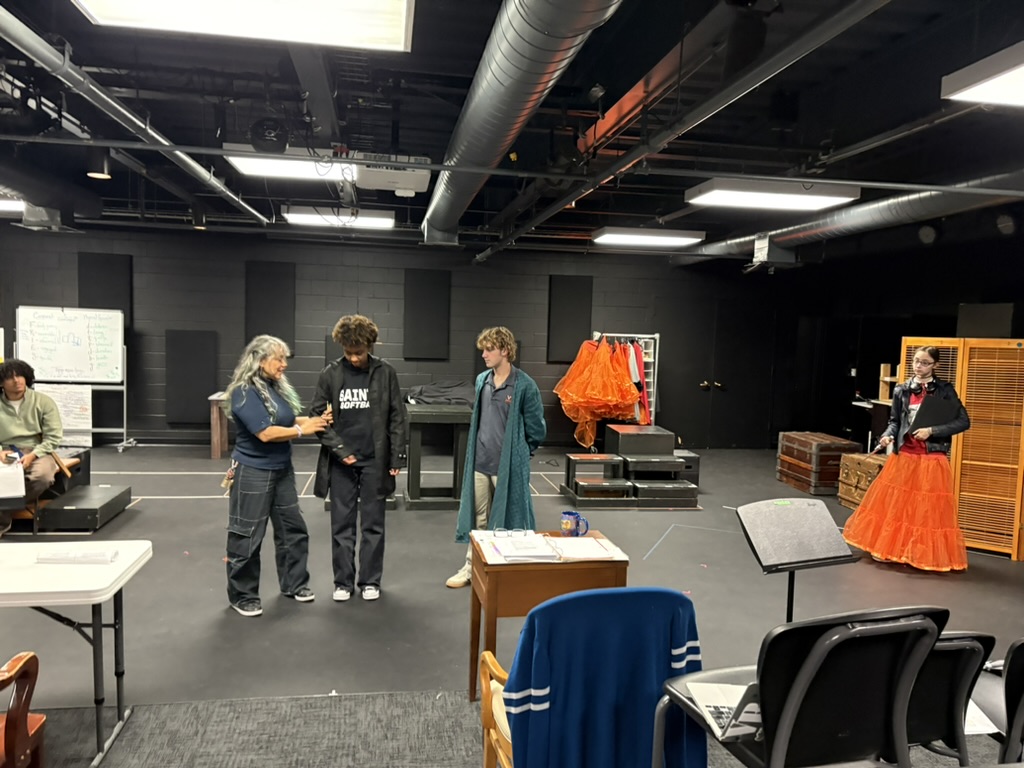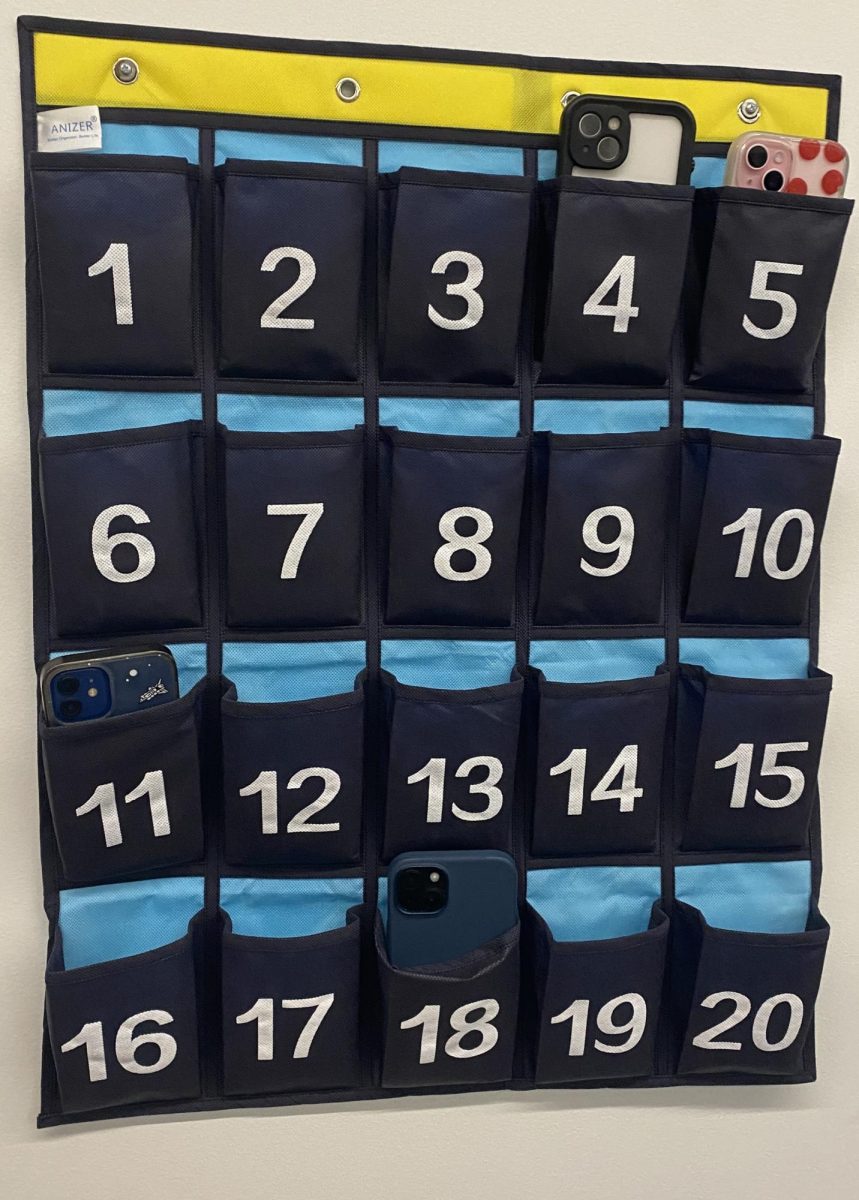What if the biggest threat to education isn’t a lack of funding or outdated textbooks, but the glowing screen in every student’s pocket? The average teenager spends up to seven and a half hours a day on their phones, and it’s not just damaging to their mental health- classrooms are also losing the battle for attention. With Tiktok replacing textbooks, and conversations swapped for silent scrolling, Virginia’s Governor took a huge step: restricting cellphones in schools. The question now is, will these phone policies benefit students, and will classrooms win back the focus of a generation hooked on screens?
Although these new policies target public schools and many have had a severe switch to no phones, at St. Stephen’s and St. Agnes School, there were few changes to the original policy during the 2023-2024 school year. With the original policy being for students to have their phone put away in phone holders during class time, the only major change this year has been no phones in CPAC as well as the discouragement of phone use while walking in the hallways. The added rules are meant to promote a feeling of community, where everyone greets and converses with one another instead of being focused on their phones.
In an interview with Mr. Mallet, the Director of the Upper School, when asked about the changes he’s seen in our community this year, he stated “I’ve noticed changes, definitely in CPAC, with greater student conversation. Kids have been great about following the rules and the classroom thing, not a ton of changes, because we did that last year, and I guess lastly, you know, we have that new building and I have seen a lot more students just visiting with one another and talking with one another, and not necessarily always having their phone out.”
It seems that these new policies have been benefiting the students in many areas. It allows them to socialize and learn in class without the constant distraction of checking their messages. The policies have also allowed for the new commons area to be used as a place for students to hangout with one another.
Although there were not many changes, in a poll around 44% of the 106 students who responded said that they were not happy with the new policies. From the data collected in the poll there were themes of students having concerns about forgetting their phones, not being able to contact parents, and especially finding their friends throughout the day.
In the poll when asked ”If you could change anything about the current phone policies at SSSAS, what would you change?” a student wrote “I think, at least in classes, the phone policies should be dictated by the teacher themselves, or their department. Because some types of classes have no use for phones, it makes sense to have them in a phone holder for the duration of class. But for others, phones can be used to help in class, so that should be up to the teacher/department to decide what’s best for their type/style of class.”
Those are just some of the concerns that the students have, but many students are worried about a full phone ban at the Upper School. When asked if they would support a complete ban on cell phones in the Upper School, 90.3% of students said they would not support it.
When Mr. Mallet was asked about the possibility of no phones at the Upper School, he stated “We didn’t do a full ban because we wanted to learn…we want to hear how the experience is for kids. We want to hear what they’re thinking about. So I can’t tell you if I anticipate a full ban or not anticipate a full ban. You know, our goals are really to optimize the learning experience for kids, reduce distraction, foster relationship building, and just be aware of how cell phones can contribute to worries about mental health and loneliness.”
Even though there is no answer on whether or not there is going to be a ban on phones, the Upper School administration is working with students and observing how they are reacting to the new policies. It seems for now that the phone rules will stay the same because of the positive changes they have seen, but most students would rather have more freedom when it comes to using their phones during school hours.
Virginia’s governor has also addressed the issue of cell phone usage during school hours. In an article released by the governor’s office on June 9 of this year, It states the worries of many parents and teachers on the damages social media can cause to their children, academically, physically and mentally. This led to the issue being brought up to the Governor and On July 9, 2024 Governor Glenn Youngkin issued Executive Order 33 to help bring cell phone free education to Virginia schools.
Most public schools have issued a bell to bell policy, where cell phones cannot be used from the start to the end of school. Others have gone to no phones in class where students have to put their phones in holders or containers.
In Alexandria City Public Schools, cell phones must be silenced and put away during the school day, and all devices are prohibited in restrooms and locker rooms. In the Arlington Public School (APS) district, high school students are prohibited from using their cell phones and phone accessories such as Air pods during all instructional periods. APS students are allowed to use their cell phones before the first bell, after the last bell, and during lunch and passing periods. Fairfax County Public Schools (FCPS) adopted the same policies.
Isabella, a senior at Lake Braddock Secondary School in FCPS, said “The only good thing I’ve noticed about the new phone policies is that kids seem to be socializing more in the hallways, rather than just pulling out their phones.”
When asked if there was a difference in the level of engagement in the classroom, she responded, “There’s not a huge difference, because now that people don’t have their phones, they just play games on their school laptops and fall asleep during class. Like if kids are not interested in the topic, they’re not gonna all of a sudden be focused in class because they don’t have their phones with them. They will find a way to get out of the lesson.”
“The disciplinary action if you get caught with your phone is pretty strict. If you get caught with it four times the school will confiscate it for 20 consecutive school days. Even with these consequences, I’ve seen kids use their phones in class, I’ve even seen some kids walk around with their laptops in the hallway. They’re crazy desperate and will always find a way to get around these rules somehow.”
Although the Governor’s new restrictions only apply to public schools, some private schools took action implementing their own policies, sometimes even more extreme. At Bishop O’Connell High School, students are required to lock up their phones and smartwatches in magnetic Yondr pouches until after school. At Bishop Ireton, cell phones must be powered off and stored away during the instructional day, including lunch.
While Virginia’s cell phone policies might already seem restrictive enough, starting on January 1st, 2025, students in public schools must turn off their phones and keep them stored away during the whole school day, which includes lunch and passing periods.
